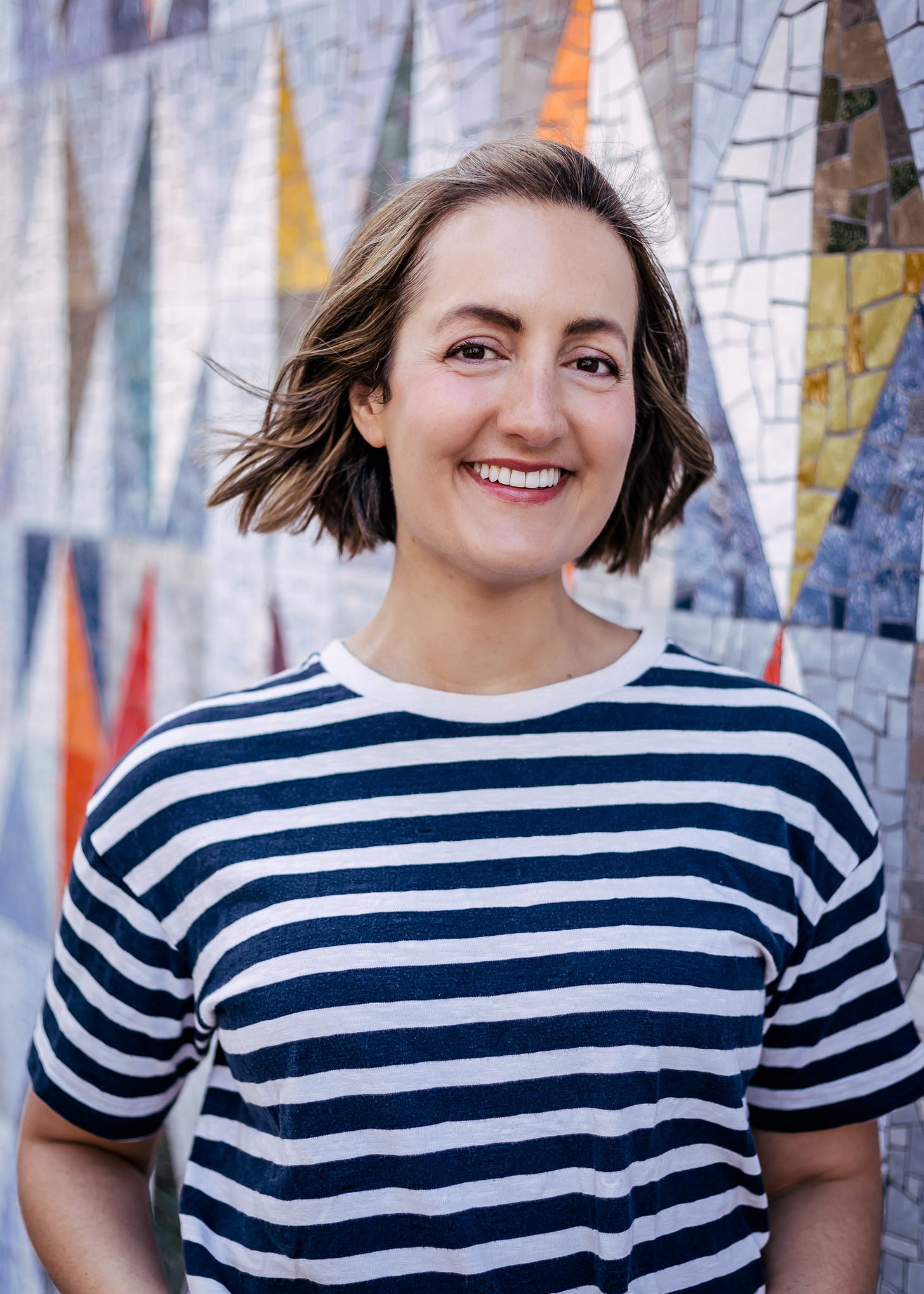
When Goop’s former chief content officer, Elise Loehnen, promoted her recent book with a series of scathing interviews about life at Gwyneth Paltrow’s lifestyle brand, it was heralded as the end of a wellness era. ‘My interests were moving out of this idea of self-optimisation,’ she told the New York Times, adding that ‘the wellness world' has ‘this desire for control and certainty.’
It made me think about my own approach to good health. I wear an Oura ring to track my sleep, I log my runs on Strava, I monitor my alcohol intake with Try Dry, I use the Zero app to help me stick to time-restricted eating, I’ve worn a blood glucose monitor and learned about my HRV. I’ve done the Zoe plan and still scan some foods into the app to check how well I’m eating. Is all this tracking and monitoring actually bad for me?
Am I attempting to create some form of ‘control and c…
Keep reading with a 7-day free trial
Subscribe to Well Well Well with Rosamund Dean to keep reading this post and get 7 days of free access to the full post archives.




